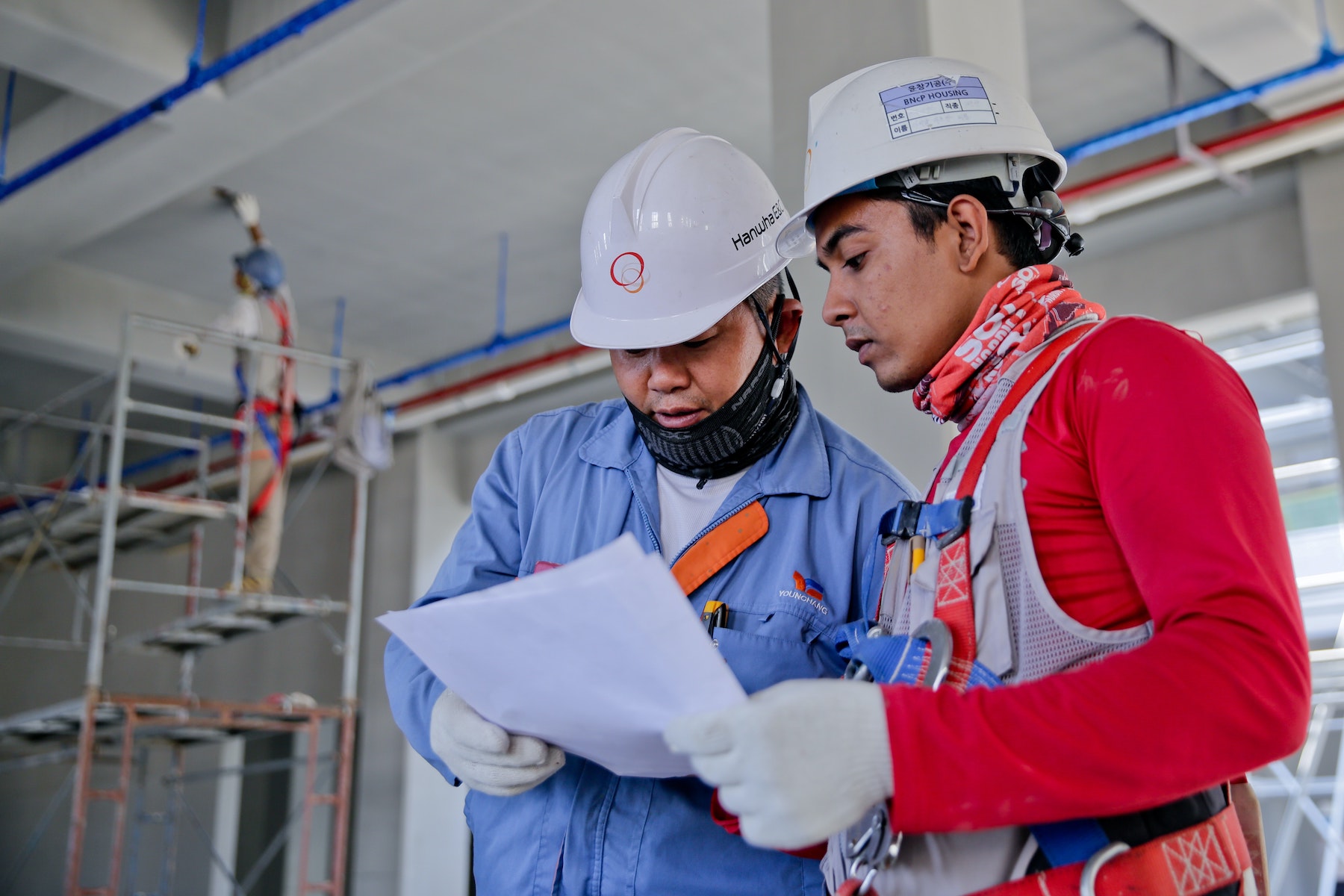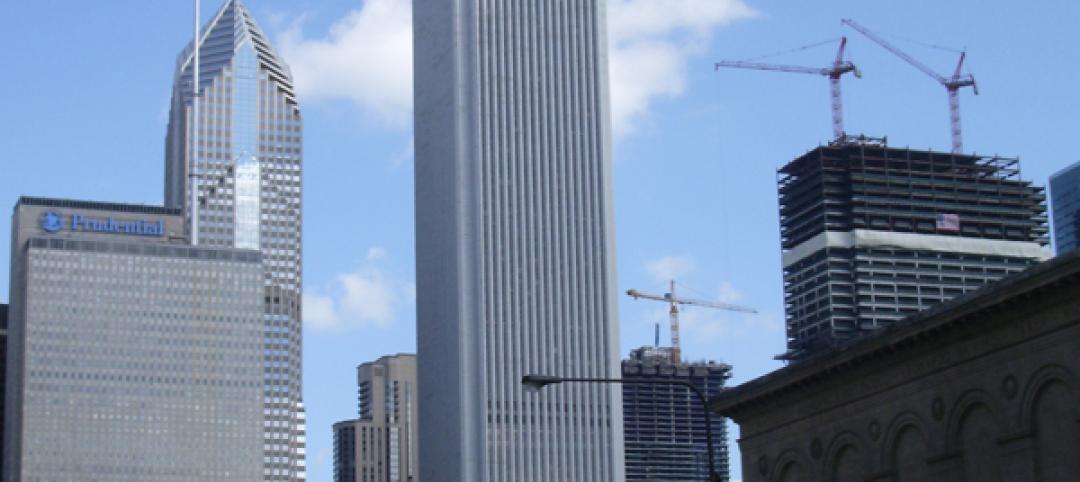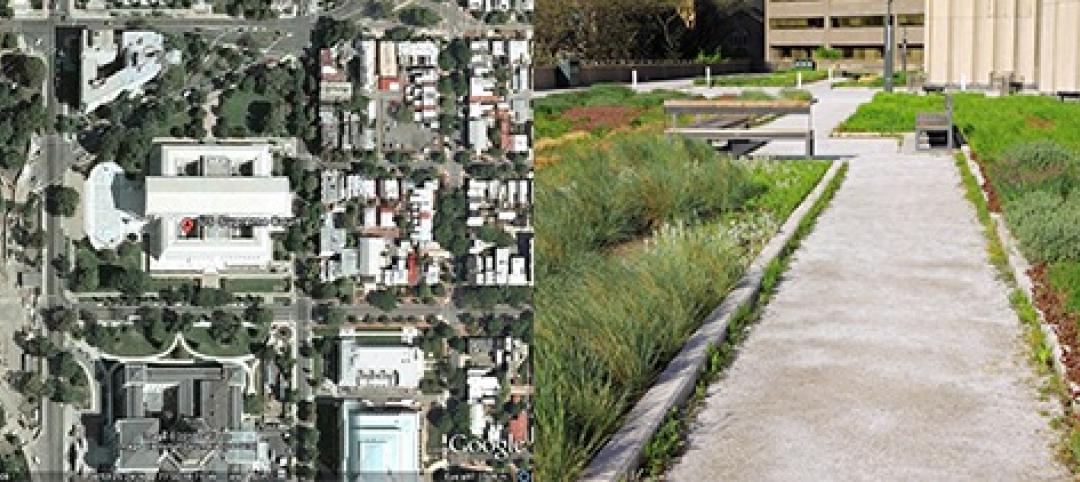Clients and architects disagree on how well building to code provides resilience, according to a recent report by the American Institute of Architects (AIA) in partnership with Owens Corning.
Resiliency in the Built Environment assesses the current state and best practices for increasing resiliency and sustainability in design and construction. Clients believe building to code is sufficient to ensure resilience, but architects disagree with that notion, the report says. It’s not surprising then, that few projects and properties are reported as being built beyond code.
The report also provides insights into how to best improve resiliency and sustainability from design through construction with input from three key audiences: architects, general contractors, and clients, including owners and developers. One key finding: “Stronger building codes and standards will drive resiliency, but so will making the business case to clients.”
The report’s areas of focus include:
- The role of building codes, clients’ expectations, and specification requirements that drive resiliency in design.
- How is resiliency reinforced through practices like material replacement strategy and resilient design strategies?
- Where are the biggest gaps in expertise about resiliency in construction, and how can they be filled?
- How do long-term and short-term incentives determine the level of resiliency for a given project?
- How is resiliency considered when selecting building products and materials?
- Which hazards and risks are most commonly taken into account in design?
The report is available for free at the AIA website.
Related Stories
| Apr 18, 2014
Massachusetts Supreme Court clarifies building code liability issue on mixed-use projects
The Massachusetts Supreme Judicial Court recently ruled that distinct portions of a mixed-used building may be treated as distinct and different structures under the state building code.
| Apr 18, 2014
First international buildings among 700-plus certified by BOMA 360 Performance Program
In the first quarter of 2014, the Building Owners and Managers Association (BOMA) International certified 66 properties in the BOMA 360 Performance Program for commercial real estate markets across the U.S and, for the first time, abroad.
| Apr 16, 2014
OSHA proposes $2.3 million in fines against Olivet Management for exposing workers to asbestos and lead
Olivet Management LLC, a real estate development and management company, faces $2.3 million in proposed fines from the Occupational Safety and Health Administration.
| Apr 10, 2014
Green Building Certification Institute partners with Well Building Institute on standard
The Green Building Certification Institute (GBCI), which administers third-party certification for the LEED standard, and the Well Building Institute will collaborate to promote the WELL Building Standard.
| Apr 10, 2014
OSHA’s construction safety advisory committee invites input on construction regulations
The Occupational Safety and Health Administration will hold a meeting of the Advisory Committee on Construction Safety and Health May 7-8, 2014, in Washington, D.C.
| Apr 10, 2014
ASTM’s International Standards in Building Codes now available in DVD and online
The compilation ASTM Standards in Building Codes contains more than 1,300 ASTM construction specifications, practices and test methods, and is now available in DVD and online.
| Apr 10, 2014
New California energy code requires building systems to be ready for demand response energy management
Starting in June, California’s latest version of its Title 24 building code kicks in, requiring several systems come with demand response capability.
| Apr 4, 2014
Green Building Initiative moves to include locally sourced materials in Green Globes
The Green Building Initiative group based in Portland, Ore., met with the Department of Agriculture on a plan to include locally sourced materials in its green building standards.
| Apr 4, 2014
White roofs outperform green roofs in reducing heat-island effect, says Lawrence Berkeley Lab
A new report from LBNL says that white roofs are three times more effective than green roofs at “cooling the globe.”
| Apr 4, 2014
ASHRAE standard aims for consistency in measuring building energy use
The standard answers such questions as: Should the measurements of a building’s area used in the equation to derive energy use per square foot be taken from the exterior dimensions or to the centerline of the wall? And, should storage spaces be included even though they are unoccupied?












